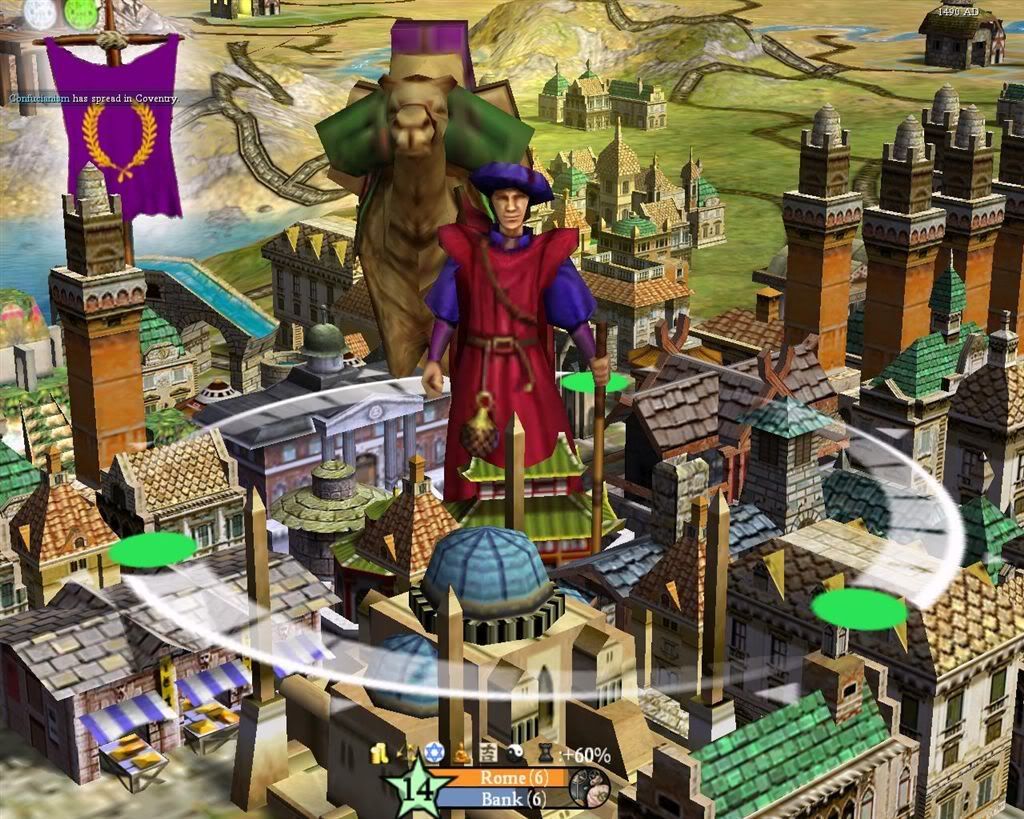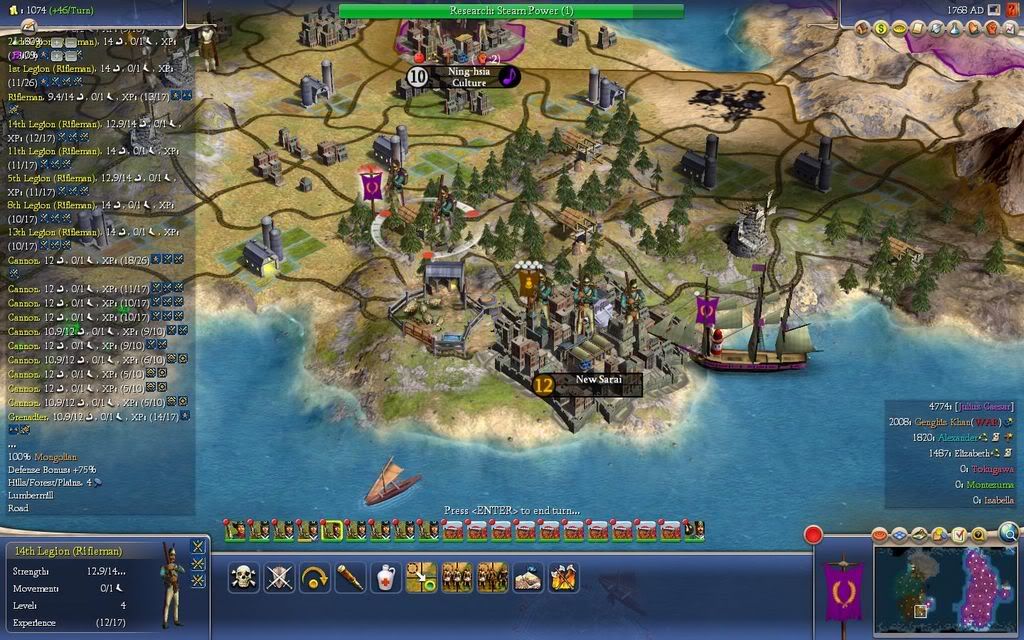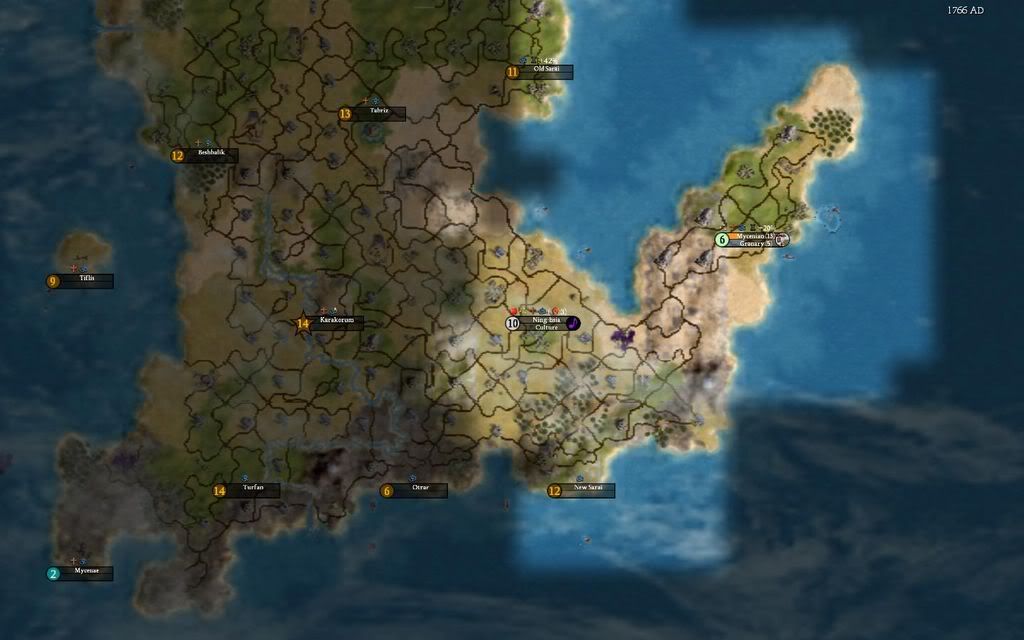Chapter Eleven: Noble Men
Epilogue – On Nobility
At nearly that same moment, in the High Priest’s residence at the Kong Miao in Antium, Mencius was pressing quill to paper, putting the finishing touches on what he regarded as his life’s work: a dissertation on the nature of nobility.
The Buddhists have an expression which has always puzzled me. ‘If you meet the Buddha in the road, kill him.” Long have I strained to understand such a strange, even odious notion. But now, after many long years, I believe I finally grasp what they mean.
The Master wrote about the Noble Man, a man who lives up to the term through his deeds, not merely through an accident of birth. But the Noble Man does not exist. He is an ideal to which we should all aspire. But he does not exist in this realm, and for that, we should all be thankful. For the Noble Man, so assured of his nobility as the Master described him, would be worse than his opposite, the petty man; the Noble Man, if he actually existed, would be a monster. And we would be entirely justified in killing him, as the Buddhists urge us.
Fortunately, as I said, the Noble Man does not exist. And yet, it has been my very great honour to meet noble men. Very few, mind you, and I wish their numbers were greater.
What sets them apart, you may ask, from the Noble Man? How are these noble men who do exist among us different from the ideal?
They differ in that they do not think themselves noble. They subject all their actions, even their thoughts and motivations, to unwavering scrutiny. They take particular note of where they fall short of the ideal. But they do not despair, or at least not for long; they resolve to do better, to try harder, to live up to the ideal at the next opportunity, and the one after that. In this regard, their reach forever exceeds their grasp.
The Noble Man gives us an ideal to which we can aspire. The noble man gives us something more precious by far: he gives us the hope that we can achieve that ideal.
Mencius sat back, satisfied. He then turned back to the beginning of the work, and wrote just a few lines more.
Dedicated
to Lucius Rutullus Lepidus Aztecus,




 Reply With Quote
Reply With Quote
















































Bookmarks